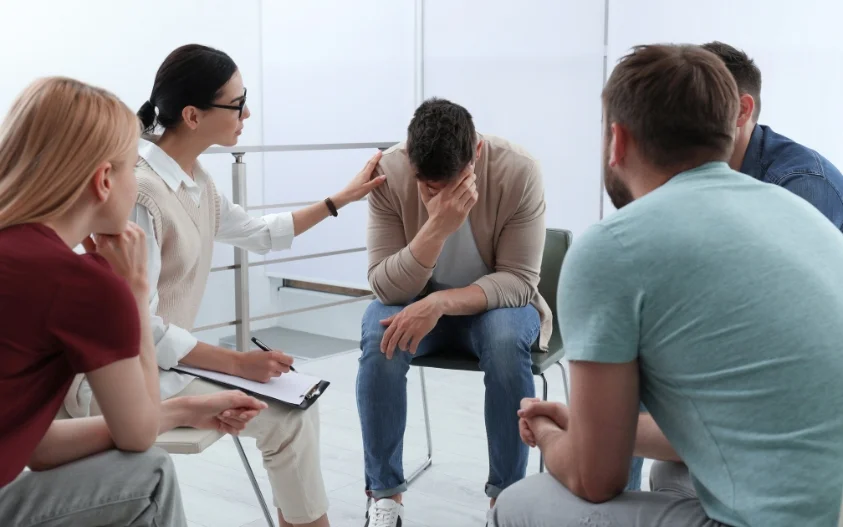24/7 Helpline:
(866) 899-111424/7 Helpline:
(866) 899-1114
Learn more about Outpatient Rehab centers in Flowery Branch
Other Categories in Flowery Branch















Faith Based Addiction Recovery
Faith Based Addiction Recovery is a private rehab located in Flowery Branch, Georgia. Faith Based Ad...







Other Insurance Options

Excellus

Lucent

Private insurance

BHS | Behavioral Health Systems

CareFirst

American Behavioral

Magellan

Regence

Optum

Highmark

Holman Group

UnitedHealth Group

Medical Mutual of Ohio

Premera

Amerigroup

CareSource

Horizon Healthcare Service

EmblemHealth

Self-pay options

Group Health Incorporated